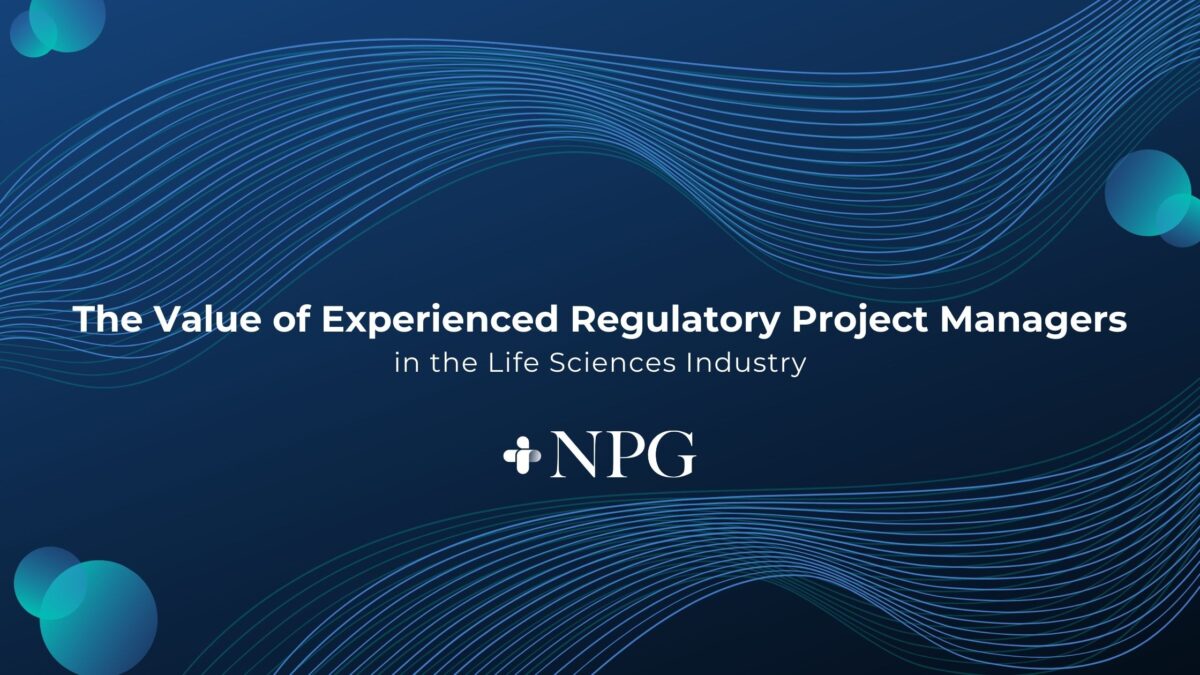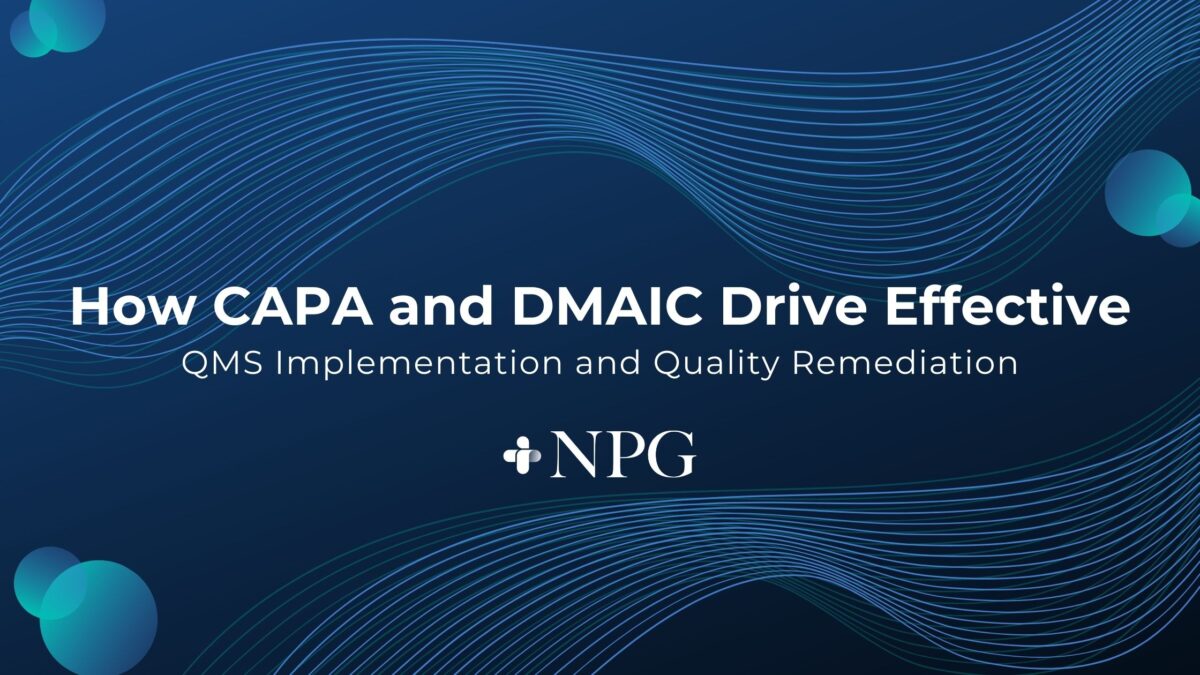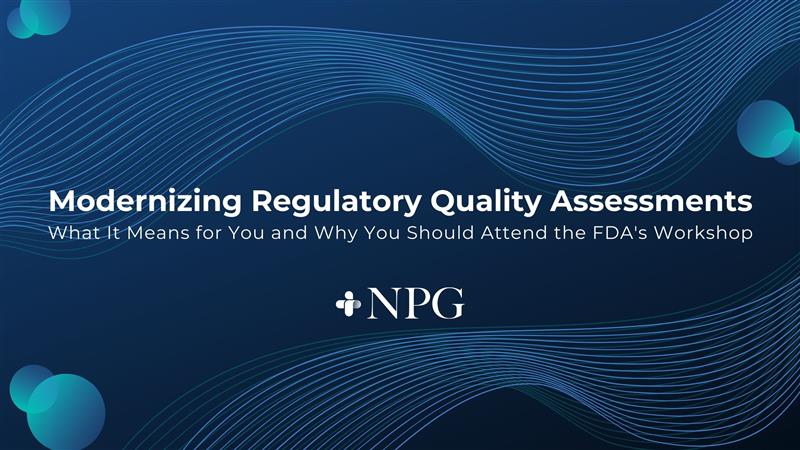EUA – Diagnostic Testing
EMERGENCY USE AUTHORIZATION AND ENFORCEMENT
FDA RESPONSE TO COVID-19 – DIAGNOSTIC TESTING
In their published guidance, the FDA has identified two paths towards authorization for clinical laboratories for high-complexity testing. Clinical Laboratory Improved Amendments (CLIA) certified labs may request authorization through EUA or obtain authorization through the power of the State in which the laboratory resides. EUA requests are described below as the process is similar for both high-complexity testing labs and commercial manufacturers requesting authorization for distribution. States or territories that choose to take responsibility for authorization will not be opposed by the FDA. New York State, for instance, already has a system in place for issuing clinical lab permits and examination of high-complexity labs. States must establish and implement a system to authorize laboratories within their state to develop their own COVID-19 tests and perform specimen testing. States or territories should notify the FDA if choosing to authorize labs within the state. Any lab choosing to obtain authorization through this route should inform the FDA that they are seeking authorization through their State and inform the FDA of their expected capacity.
DIAGNOSTIC TESTING EUAS
EUAs issued by the FDA for both high-complexity labs and commercial manufacturers of diagnostic test kits undergo similar procedures. Validation testing is critically important as false results can have broad public health impacts. Recommendations for validation testing is outlined within the published Diagnostic Testing guidance during the COVID-19 pandemic. Molecular diagnostics, antigen, and serology testing recommendations regarding sensitivity, specificity, and cross-reactivity are provided for validation testing.
For both CLIA labs and commercial manufacturers of diagnostic tests, following validation of the test, the FDA is to be notified. FDA should be notified of the test validation, the lab/manufacturer name, location, contact information, summary performance, and estimated capacity for testing. Commercial manufacturers are to post their instructions for use and performance data to their website for transparency. Following validation and FDA notification, an EUA request is to be made. While this request is prepared, labs and manufacturers may distribute their tests for up to 15 days until request submittal. Test reports are to be marked that tests have been validated, but FDA independent review is pending. EUA requests are submitted via email. FDA intends to expeditiously review performance and work with labs and manufacturers to issue an EUA if appropriate.
SEROLOGICAL TESTING EUAS (UPDATE 12 MAY 2020)
Initially, the FDA did not intend to object to development and distribution by commercial manufacturers and use by laboratories of serology tests to identify antibodies to SARS-CoV-2. Manufacturers and labs were expected to validate testing, notify the FDA of intent to distribute, and provide caveats in their test reports. The thinking was serology tests are less complex than molecular tests and are solely used to identify antibodies to the virus. Test reports should include that the test has not been reviewed by the FDA, negative results do not rule out SARS-CoV-2 infection and could not be used as a sole basis for infection status, and positive results may be due to past or present infection from other coronavirus strains that are not SARS-CoV-2.
However, FDA found distributed testing and statements did not meet the needs for public safety in response to the pandemic. As a result, serology test marketing and distribution requirements have been updated to provide more consistent and valuable testing to the public.
EUAs are now being issued for serology testing to identify antibodies to SARS-CoV-2. Commercial manufacturers of serology tests are now beholden to the same requirements as those distributing diagnostic tests. CLIA certified labs are encouraged to submit EUA requests for tests but FDA does not intend to object to development and use of a test to identify antibodies to SARS-CoV-2. Commercial manufacturers have the potential for broader distribution for use and testing facilities that increase variability risk compared to single-lab testing.
EUA requests may be submitted after validation has been completed and the FDA has been notified, as with diagnostic testing. For commercial manufacturers, instructions for use and a summary of assay performance should be provided in the notification. For serological tests, distribution is permitted between FDA notification and EUA request submission, but the window is only 10-days.
Additional labeling requirements need to be met as well to help inform users and patients of the intended use of the test, its limitations, and in understanding the test results. This should include:
- This test has not been reviewed by the FDA
- Negative results do not preclude acute SARS-CoV-2 infection. If acute infection is suspected, direct testing for SARS-CoV-2 is necessary.
- Results from antibody testing should not be used to diagnose or exclude SARS-CoV-2 infection.
- Positive results may be due to past or present infection with non-SARS-CoV-2 coronavirus strains, such as coronavirus HKU1, NL63, OC43, or 229E.
Finally, FDA may leverage data from National Institute of Health’s National Cancer Institute (NIH/NCI) or other federal laboratories testing to inform EUA decision. Certain serology tests have been issued an EUA through NIH/NCI independent validation study.
RESOURCES/EXTERNAL LINKS
- COVID-19 Related Guidance Documents for Industry, FDA Staff, and Other Stakeholders
- FDA News and Update Releases
- Emergency Use Authorization Products, Letters, Authorized Labeling, and EUA Request Templates



